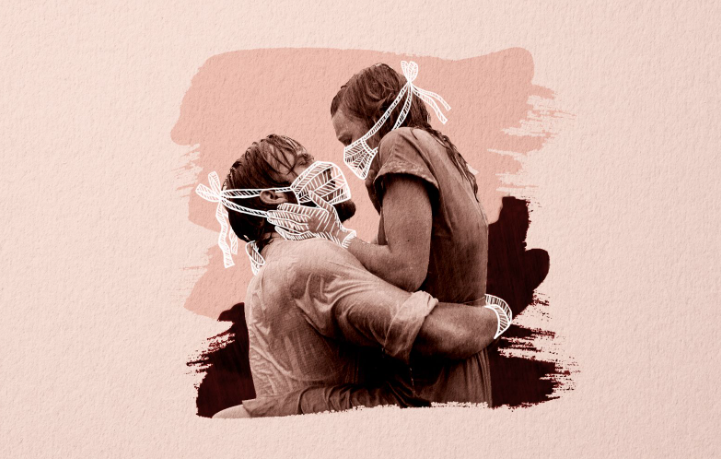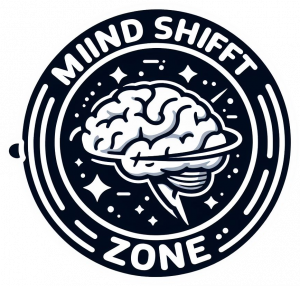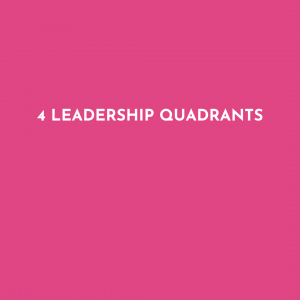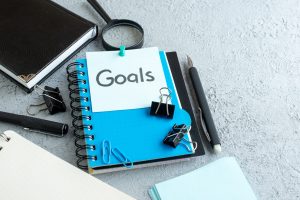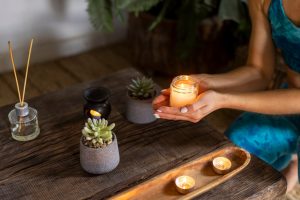Looking after your relationship during Covid-19, and in life in general.
In this challenging time of being forced to share your space with your loved one(s) for 24 hours a day 7 days a week; I thought it useful for us to look at ourselves in our relationships, rather than look at others.
Relationships eh! … One of the most difficult ‘ships’ to sail in!
and more importantly about ourselves as individuals.
What is a relationship?
A relationship is a coming together of individuals. A relationship begins during an initial discovery meeting, where we meet someone for the first time. This is when we decide and form our opinions and design our relationship. We have now committed to the ongoing relationship. This is true whether it be in a platonic, romantic or business relationship. But, what is it about human relationships that can cause us so many problems? And what’s making looking after your relationship during Covid-19 harder?
In today’s crazy paced lifestyle, we have so many responsibilities, options, demands and distractions that a work-life balance seems impossible. We are often dissatisfied with some area of our lives and this may start to affect our nearest and dearest. We often take out our troubles on our loved ones. This can have a detrimental effect on our relationship with them. So much so that the way she squeezes the toothpaste or the way he leaves the teaspoon on the draining board become almost intolerable.
If we are to achieve fulfilment in our lives and build on our relationships, we must learn about each other
There are 8 primary areas of a relationship, these are:
- Communication
- Honesty
- Intimacy
- Trust
- Support
- Excitement/Fun
- Contribution
- Compatibility
How would you rate these 8 areas of your relationship(s)?
Imagine your relationship as a wheel with 8 spokes or segments, where zero is the centre of the wheel and 10 is the outer ring.
If you were to score each of these areas in your relationship(s) on a scale of 1 – 10 where 1 is pretty poor and 10 is perfection…how would you score?
Now, draw a line in each segment at where you would score each segment of your relationship. How smoothly would it roll if it were a wheel? Probably quite a bumpy ride?
Relationships during Covid-19 can be even more difficult. So, what can you do to improve each area of your relationship? Ignore what your partner can do, concentrate on yourself initially. Go through the following questions about these areas in your relationship and see how you fair out.
Communication
How well do you communicate with your partner? Do you communicate everything to your partner? Do you discuss everything, or do you discuss things on a need to know basis? Are you being fair to yourself and to your partner?
What would happen in your relationship if you were to communicate more often? What would happen to your relationship during Covid-19 or after if you don’t improve YOUR communication with your partner long-term?
Honesty
How honest are you in your relationship? Do you confide everything with your partner? Would you like to confide more in your partner?
If you don’t, why don’t you? What would happen if you did confide more about you to your partner?
Intimacy
How do you score on the intimacy side of the relationship?
By this I don’t just mean the sexual side of your relationship. What I also mean by intimacy is; familiarity, closeness, understanding, comfort and confidence. Is intimacy something that you could be better at in terms of fulfilment for your partner or is it primarily for your contentment?
Trust
How much do you trust your partner? Would you trust them with your life, bank account etc?
Support
How supportive are you with your partner? Maybe you don’t really believe that their project will be successful. What could you do to make the project more successful for your partner? Do you support the decisions your partner makes about their own individual needs?
Excitement/Fun
When was the last time you brought some excitement or fun into your relationship? Not only what you believe to be fun, but also what your partner believes is fun. What is fun for both of you? Did you recently have a great day/night/weekend? What do you need to do to put some more fun into your relationship?
Compatibility
How compatible are you both for the relationship? What things do you like that your partner also likes? If there are things you used to do, why don’t you do them anymore? These may have been things that brought you together in the first place.
Contribution
What do you contribute to your relationship? Is it time, money, security, respect, love, support, guidance etc? What more could you contribute to help your relationship?
Ask yourself, what would happen, how different would your relationship be if you were to score at least an 8 or 9 (for yourself and not your partner) on the scale in each of these segments?
But, I hear you say; if my partner scored it first how would they score? If they were more open and honest it would make all the difference to our relationship and to me. We tend to blame each other or other things for the problems in our relationship. If he or she changed, my life would be much better.
We have to take control of our own feelings, we create our own unhappiness and happiness. We cannot control others motives, intentions or feelings. There is a saying…if I am happy the people around me are happy and conversely, if I am unhappy the people around me are unhappy too.
More importantly, we cannot change others, we can change ourselves to the benefit of ourselves and therefore to the benefit of others.
What are we to do to make our relationship(s) work successfully?
Most relationships/partnerships have conditions, these conditions are very often set by us and can cause many problems within our relationship during Covid-19 and in normal circumstances, these conditions can be:
- You must only love me
- You should see things my way
- You should be successful
- You should never show yourself up in front of others
- You should never be late for me
- You should always back me up
- You should not have your own friends
- You must never say no to me
- You should always share things with me
- You must never spend time away from me
- You must be there for me at all times
- You must never be in a bad mood with me
These are common in most relationships and are controlling the way your relationships will develop. These words ‘should’, ‘should not’, ‘must’; to quote a coaching colleague of mine are ‘mustabating words’. This way of being, could cause damage to any relationship.
So why do we do it?
Why do we create our own difficult relationships? How do we sabotage the very relationships we are trying to make perfect? How do we manage our relationship during Covid-19?
We have to look internally at how we are doing this to the relationship. If we don’t, we don’t deserve a fulfilling relationship. You need to communicate your dissatisfactions about your relationship to your partner, at the earliest possible stage.
There are people who look for help to rekindle their relationship or when things go wrong in a relationship. There are also people who don’t look for help because of the fear they have around the possible outcomes if they do seek help.
These fears could be
- There is somebody else involved
- Secrets may be disclosed
- Fear of rejection
- The feelings of love are gone
- There is a stigma about seeking help
- It’s a waste of time
What is the worst thing that could happen if you were to seek help in your relationship? The main purpose of seeking help is to provide an environment for each partner to feel safe and comfortable about discussing their own needs within the relationship, needs which they have may have been unable to fulfil themselves.
When people do not seek assistance in their relationships, unfortunately they may continue to despair and eventually begin to live in separate worlds.
What are your needs in a relationship?
In our relationships we have many needs, these can be the need for
- Respect and security
- Emotional support
- To be valued
- To offer respect, care and support to your partner
- For gratification
- To share responsibilities
- To be listened to
- For the differences to be valued and respected
- Communication
- For social events
- Financial equality
- Personal progression
- Independence
- To provide the above to your partner
If all of these needs are met by both partners, without one or the other partner suffering as a result, you will have a blissful and successful relationship and partnership.
The ideal relationship is where you will both benefit from the relationship.
Both partners also need space to develop as individuals within the relationship. To create space in your relationship during Covid-19 to do that might be harder than ever. In order for us to develop the relationship and ourselves we have to:
- Have a personal relationship with ourselves
- Engage and interact with each other
- Demonstrate unconditional love for each other
- Live in the moment, not the past
- Express our feelings
- Respond to the feelings of your partner
- Communicate openly with each other
- Take responsibility for our own behaviour
- Provide support
- Take actions that will build our partner’s self-worth and self-esteem.
One of the most important parts of any relationship is curiosity.
Curiosity is how we find out about each other, what we each like and dislike. If we know this about each other and we don’t infringe on each other’s likes or dislikes our relationship will run smoothly.
A relationship can be custom made for both parties, it can become a powerful relationship that fits both of your careers and personal development. This will strengthen your relationship during Covid-19 and after.
What is relationship coaching about? Relationship coaching can be both challenging and rewarding. The challenge is to make the relationship work and the reward is when it begins to work again, the way you want it to be.
One of the common misunderstandings about coaching is that it is just about getting things done. Coaching is not only about action; it is about learning also. In relationship coaching we do both, we learn about each other and ourselves and then we take action.
The key to the success of relationship coaching is the ability of the individual to allow the other to grow and evolve.
Take care of yourself and your loved ones – Stay Safe & Stay Well
This article is written by Greg Dalton, he is an experienced career and life coach with 25 years of experience in the corporate world. If you have any queries in relation to any areas of your Life or Career coaching book a 15- minute free discovery call with Greg today.
